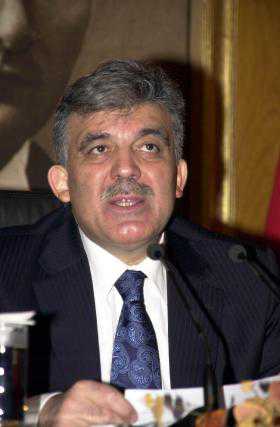A BBC investigation has revealed that more than 20 MPs have breached rules in relation to registering and declaring overseas trips paid for by foreign governments.
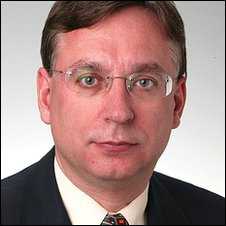
The trips taken by Andrew Dismore, his relevant parliamentary activities and his detailed replies to the BBC are below.
Since 2001, Mr Dismore has been a member of the Standards and Privileges Committee, whose role includes the scrutiny of the MPs’code of conduct.
He told the BBC that all his visits had been registered in time and in the appropriate manner, and that there was no breach of the rules on lobbying as overseas visits are excluded and his trips had been funded by the Republic of Cyprus Parliament and not the Republic of Cyprus Government.
Cyprus
Mr Dismore, the Labour MP for Hendon in north London, visited Cyprus in October 2005, October 2006, September 2007, November 2008 andOctober 2009, courtesy of the Municipality of Morphou and Cyprus House of Representatives.
Within a year of registration of these trips, Mr Dismore tabled 90 questions relating to Cyprus without declaring an interest.
They were: 31080, 48898, 72084, 95204, 95205, 96907 to 96915, 96917 to 96920, 96939 to 96941, 96958 to 96961, 96969, 96970, 96974, 96977 to 96979, 136661, 162758, 162759, 162769 to 162771, 162773, 162812, 162819 to 162822, 163110 to 163118, 163121 to 163134, 163213 to 163221, 163284, 163627, 163793 to 163798, 180049, 180051, 180052, 180056, 245049, 252915 and 293708.
Mr Dismore also asked a further 112 questions relating to Cyprus where an interest was declared.
They were: 245029, 245050 to 245061, 245158 to 245174, 245180 to 245182, 245190 to 245199, 245217 to 245224, 252877 to 252881, 252884, 293650, 293696 to 293707, 293709 to 293744, 295162, 312737 to 312739, and 312838 to 312840.
The BBC put to Mr Dismore that asking ministers a total of 202 questions following visits to Cyprus – whether an interest was declared or not – might be perceived as lobbying on behalf of an overseas power from whom hospitality has recently been received. This would constitute a very serious breach of parliamentary rules.
In addition to those questions, Mr Dismore tabled a debate on Cyprus on 8 November 2005. Records of the summary agenda, the order paper and weekly bulletin indicate that he did not declare an interest. Whenever an interest is declared, the symbol “[R]” appears on the relevant notice or order papers.
However, Mr Dismore did declare an interest at the start of the debate.
During the debate, Mr Dismoresaid: “What is to be done immediately? Some things are relatively easy. Earlier, I mentioned the need to find finance to deal with the issue of missing persons.
“Two million Cyprus pounds is not too much for the UK to find, either on its own or with its partners.”
Similarly, Mr Dismore tabled adebate on Cyprus on 10 January 2007. Records of the summary agenda, the order paper and weekly bulletin indicate that he did not declare an interest. However, Mr Dismore did declare an interest at the start of the debate.
Mr Dismore secured a third debate about Cyprus on 15 January 2009. Again, no declaration of interest is recorded in the weekly bulletin,the summary agenda or the order paper. However, Mr Dismore did declare an interest at the start of the debate.
During the debate, Mr Dismore said: “The Committee on Missing Persons in Cyprus is working well and is not politicised by either side. I visited the laboratory for the second time and was very impressed by the progress that is being made.
“There have been 466 exhumations so far and 110 sets of remains have been returned – 78 to Greek Cypriots and 32 to Turkish Cypriots. The annual budget for the committee and its work is $3m a year.
“In the three years from 2004 to 2007, we donated £160,000. We ought to consider further payments because the committee needs those extra bilateral donations.
“Demining is also important for confidence building. The United Nations Development Programme has cleared 51 minefields. That has largely been funded by the EU but there is a 5m euro shortfall.
“That money will be needed to clear the rest of the zone, and the UN says that it could do it if it had the money. We could help by making a donation towards that. The buffer zone occupies 3% of the land.
“If that land could be liberated from the mines and from that part of the process, it would be available for civilian use, which could help towards a settlement.”
Mr Dismore secured a further debate about Cyprus on 10 November 2009 but again did not declare an interest on the weekly bulletin, thesummary agenda or the order paper. However, Mr Dismore did declare an interest at the start of the debate.
During the debate, Mr Dismore said: “The UN Committee on Missing Persons continues its work, although there is a significant backlog in its anthropological laboratory on the piecing together of the various remains.
“Nonetheless, the committee told us that it was not really practical to expand the operation. Altogether the bicommunal teams have exhumed 570 sets of remains from both sides of the green line and returned the remains of 179 people to their families – 135 Greek Cypriots and 44 Turkish Cypriots.
“They are perennially in the hunt for money, requiring between 2.2m euro and 2.4m euro a year to function. The EU has just given the teams 2m euro for the next two years, but they are still 1m euro short for next year.
“Since the committee started its work many years ago, the UK has given it $159,000, but it is a long time since we last gave it a grant, and it is time that we gave it another one.”
Later in the debate, he said: “I hope that the minister will be able to find a little cash in the Foreign Office budget to provide the initiatives that I mentioned with at least token support, if not more substantive support.”
Further to these debates, on 18 December 2008, during a debate on Human Rights Mr Dismore spoke about Cyprus.
After declaring an interest, he said: “On a positive note, the Committee on Missing Persons, which is part of the United Nations – my Hon Friend the Member for Ilford, South referred to the United Nations in his opening remarks – is functioning well, but it cannot look at the cause of death or attribute responsibility.
“It is working on a bicommunal basis, which is one of the positive things in Cyprus. It has exhumed 450 bodies so far, out of a total of 1,996 missing people on both sides.
“It has been able to identify and return 107 sets of remains – 31 Turkish Cypriots and 76 Greek Cypriots – and investigated 224 sites. It needs $3m to run, and is funded year by year only.
“Does my Hon Friend the Minister think that the Government will consider putting their hand in their pocket to ensure that such vital work continues, because it has at least another two years’ worth of work to do?
“In relation to demining, to which both reports referred, another 4m euro is needed to clear the rest of the buffer zone. Both communities and the UN have put money into demining, but it remains a significant problem to conclude. I hope that the minister can respond to those important human rights points.”
The MPs’ code of conduct states that: “Members may not, for example, advocate in debate increased United Kingdom financial assistance to a government from which they have recently received hospitality.
“Nor may any Member advocate any other measure for the exclusive benefit of the host government.”
The BBC has put to Mr Dismore that some of his statements might be perceived as lobbying on behalf of an overseas power from whom hospitality has recently been received – a very serious breach of parliamentary rules.
Following visits to Cyprus, Mr Dismore also have signed 24 early day motions relating to the island. In the following three cases he did not declare an interest:
1. MR GEORGE IACOVOU / 12.12.2006 / EDM 474
2. SOTERIS GEORGALLIS / 16.04.2007 / EDM 1273 (of which he was the Primary Sponsor)
3. ILLEGAL SONGBIRD MARKET IN CYPRUS / 12.01.2010 / EDM 567
Reply
In response to the points put to him by the BBC Mr Dismore said he had declared an interest before debates and added: “There is no question of my having broken any rule in relation to lobbying, as overseas visits are excluded and I did not lobby for funding for the Cyprus government or Cyprus parliament.”
Mr Dismore said the hosts of his visits to Cyprus were the Cyprus House of Representatives and the Municipality of Morphou, and not the government of Cyrpus.
Mr Dismore denied that advocating increased financial assistance to the United Nations Committee for Missing Persons in Cyprus could be perceived as lobbying or amount to a breach of the rules.
Reply on early day motions
Mr Dismore said that the issue with EDMs (early day motions) was one of relevance. “As you rightly report, I declared an interest in relation to 24 early day motions. The other three were so remote, I did not believe that I had an interest warranting declaration.”
Reply on the written questions
Mr Dismore said that it was not possible for him to check if he had registered an interest in respect of the written questions, due to the way records are kept in Parliament.
“Accordingly, although I cannot confirm or deny that I registered an interest in relation to those questions, I do not believe that there was an interest to register in relation to them. ”
Responding to the large number of questions asked, 200 over a five-year period, Mr Dismore said an average of 40 to 50 questions a year was not excessive on an issue in which an MP has a speciality.
He added: “I normally ask several hundred questions a year on many different issues in which I take an interest relevant to my parliamentary work and constituency, and to that extent the number of questions over five years relating to Cyprus should be seen in that context.”
Mr Dismore also said that he had declared an interest at the start of each adjournment debate.
BBC




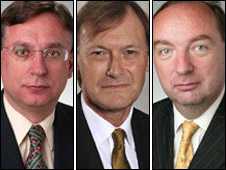
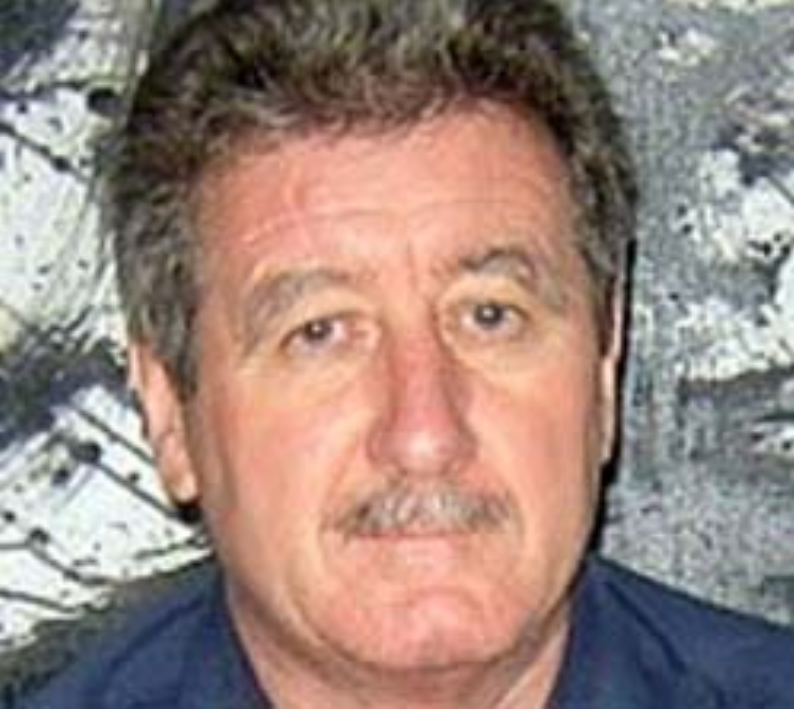
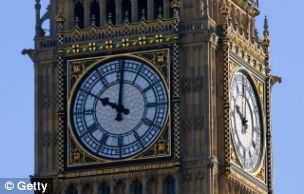
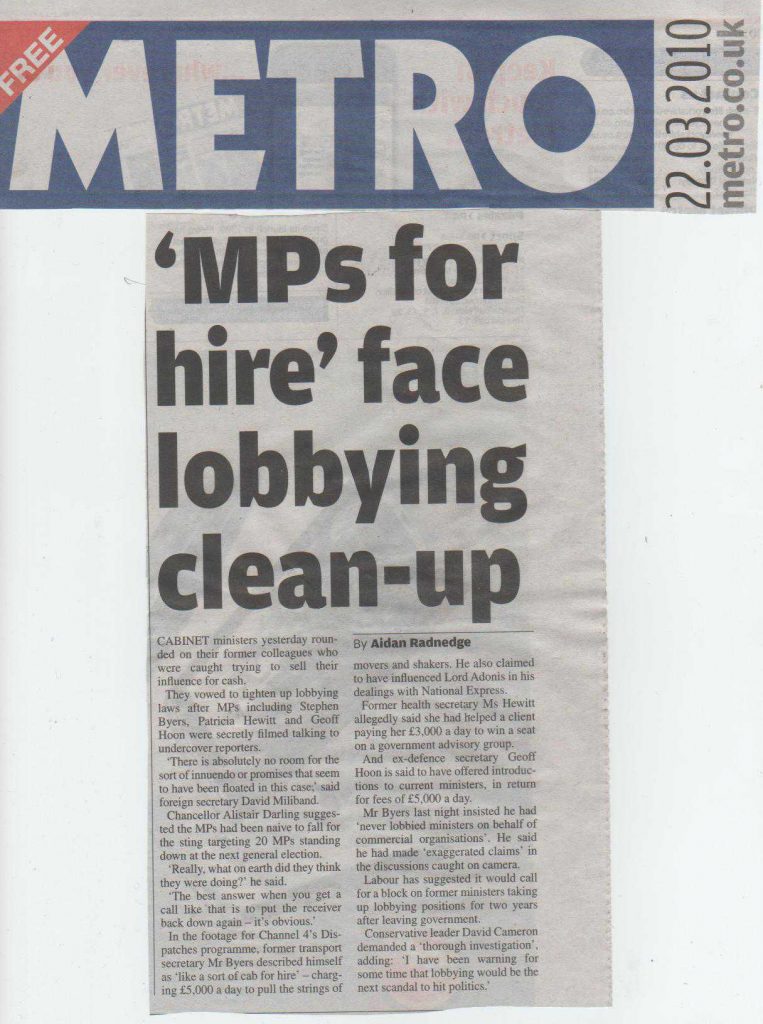
 By Mark Easton, BBC home editor
By Mark Easton, BBC home editor